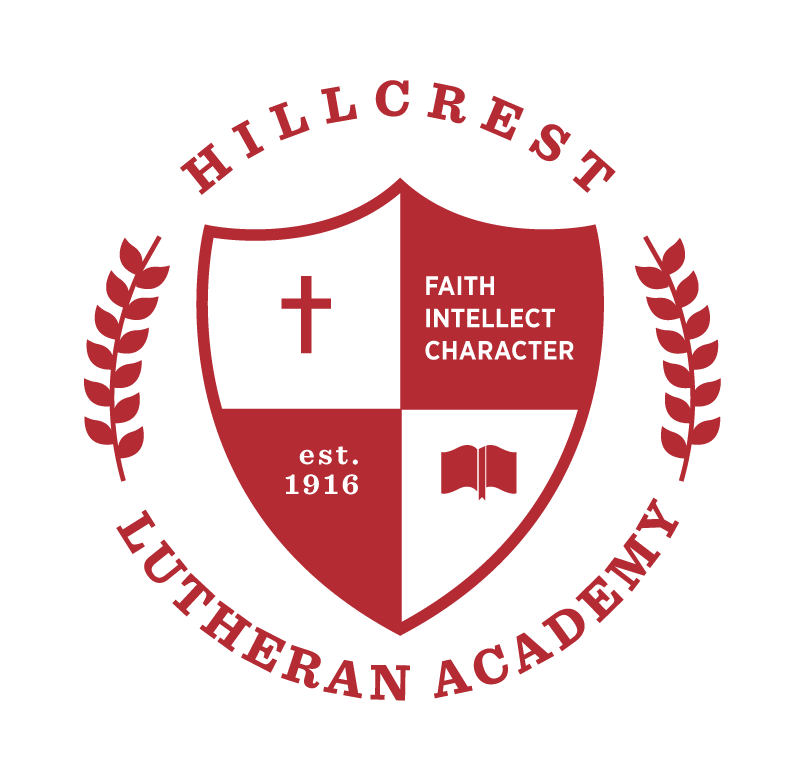Chess Club Serves Students As A Gym for Values, Strategy, and Mentorship at Hillcrest
In the classical model students are encouraged to think deeply, discern critically, and apply their learning in life. It’s natural for Hillcrest, which employs a classical model, to form a chess club as a discipline of classical learning. While often viewed as a game of strategy and cause-effect thinking, chess serves as a dynamic platform for teaching deeper values and the ability to set clear objectives for reaching meaningful goals. This aligns seamlessly with the classical educational tradition, which prioritizes not only knowledge acquisition but character formation and the cultivation of wisdom.
Chess and Classical Education: More Than Strategy
Chess teaches far more than just tactical maneuvers; it emphasizes long-term planning, the setting of values, and the pursuit of objectives. Each piece on the chessboard has a specific role. Chess teaches players to appreciate the diverse functions and strengths of each piece, which mirrors how classical education highlights the importance of understanding the parts that form the whole.
The game requires players to think beyond the immediate move, teaching students the value of delayed gratification and the importance of foresight—skills essential to both academic and personal success. The classical model encourages students to think beyond the surface and understand the underlying principles governing actions, much like chess requires a player to think several moves ahead. Chess club becomes a miniature classroom at Hillcrest, teaching students how to approach problems with both logic and creativity.
Values, Goals, and Objective Setting in Chess
One of the central lessons of chess is the need to set goals and create strategies that align with those objectives. In life, as in chess, a clear understanding of the end goal is vital. In classical education, students learn to pursue truth, goodness, and beauty—transcendent values that guide their choices and actions. Chess reflects this pursuit in that each game has a purpose: achieving checkmate. How one arrives at this goal requires planning, adaptability, and a deep understanding of one's resources and limitations.
The decisions a chess player makes reflect a hierarchy of values: protecting the king is paramount, but every piece must be considered in the larger context. Similarly, the classical education model teaches students to value not just the immediate, but to prioritize lasting, eternal outcomes over fleeting successes.
At Hillcrest Academy, the chess club serves as a microcosm of the school's broader classical approach to education. Chess encourages students to think deeply, set meaningful goals, and seek the guidance of others to achieve success. Through the game, students not only learn about strategy but also about character—how to handle defeat with grace, how to win with humility, and how to mentor others along the way.

